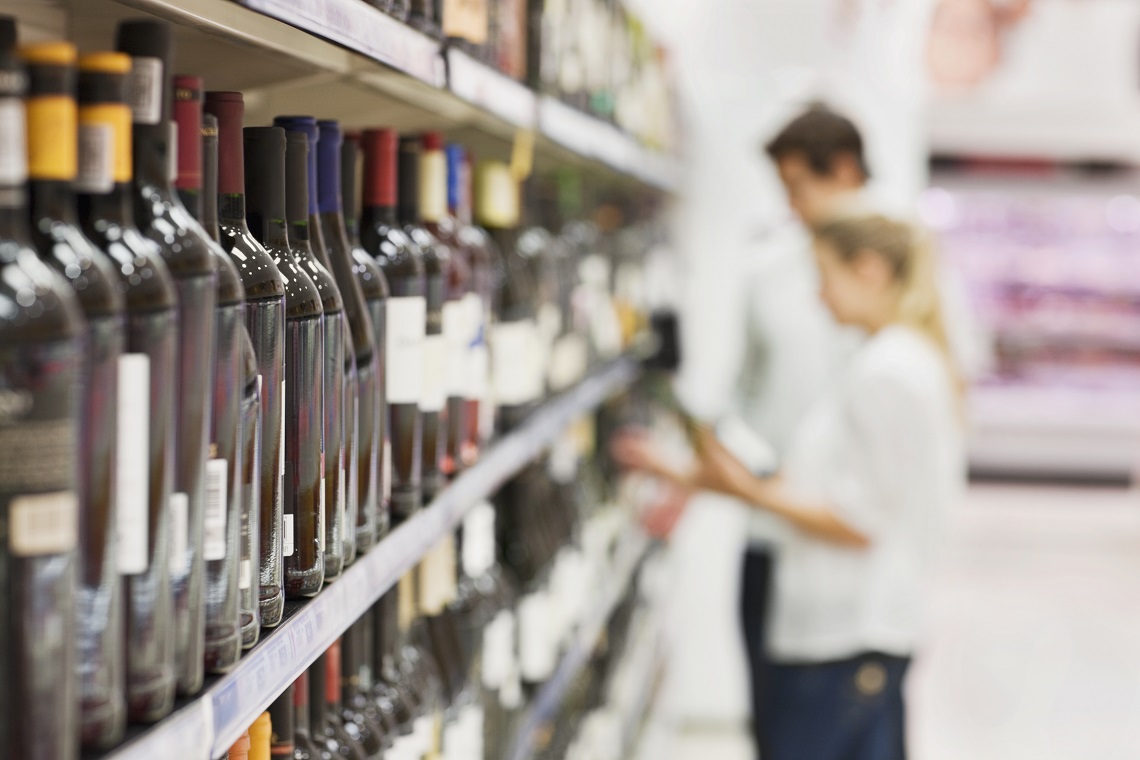The Northern Territory Government has announced improvements to the technology of its Banned Drinkers Register (BDR) technology, to start rolling out from this week.
Under current regulation in the state, all customers must have their ID scanned against the BDR in order to complete a purchase of takeaway alcohol. The scanning technology identifies if a banned drinker is attempting to buy alcohol, after which the sale is declined.
In July alone, 355 sales were declined for this reason, with 2,857 people on the BDR in total. Nearly 250 BDR devices are currently operating in the state across more than 160 takeaway liquor venues.
Heralded by both industry and government as a valuable tool for reducing alcohol related harm, an updated BDR system will allow for greater efficiency in-store. The new technology will cut scanning time from 10 seconds to 1.3 seconds, and also includes an ability for use on smart tablets, which will be especially useful for enhancing shopping experiences at drive through liquor stores.
NT Minister for Corporate and Digital Development, Ngaree Ah Kit, said: “The new system will replace outdated scanning equipment, deliver faster licence scanning and reduce issues experienced by some outlets.
“The new scanning equipment is designed to work hand-in-hand with new NT driver’s licenses which provide improved security to better protect Territorians from identity theft. The system is also future proofed to work with digital licences issued in other Australian jurisdictions.”
The industry has welcomed such upgrades, which are set to be completely rolled out by November. Retail Drinks CEO, Michael Waters, affirmed the organisation’s support of the BDR as part of its overall commitment to responsible liquor retailing.
“The necessary upgrades to the BDR equipment will help improve its functioning and contribute to a more seamless experience for customers and retailers alike,” said Waters.
“Retail Drinks continues to support the use of the BDR as a targeted policy solution in helping to address the misuse and abuse of alcohol by the minority of individuals in the Territory, alongside Police Auxiliary Liquor Inspectors (PALIs).
“We look forward to continuing our work with the NT Government and our Members in implementing these planned improvements to the BDR over the coming weeks.”
NT Chief Minister, Natasha Fyles, also spoke on the targeted approach to reducing alcohol misuse in the state, noting that the BDR was one of a number of tools to address the problem.
“The Territory Labor Government kept our promise to bring back the BDR – and action a raft of other evidence based measures to reduce alcohol related crime and anti-social behaviour,” Fyles said.
“The Banned Drinker Register is one part of a suite of comprehensive measures to tackle alcohol-related crime and anti-social behaviour. This includes giving police the power to shut down bottle shops caught irresponsibly selling alcohol, stationed Police Auxiliary Liquor Inspectors on bottle shops and banned additional takeaway Liquor Licenses.”
The NT is one of two Australian states or territories currently operating a BDR, with WA undergoing a trial of the system in the Pilbara, Kimberley and Goldfields regions now.

